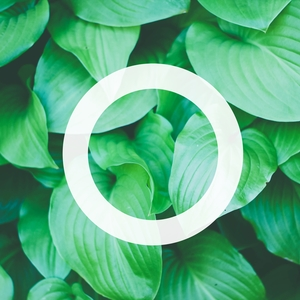If you haven’t noticed already, Vancouver’s got one hell of an Asian food scene. Whether it’s sushi, gyoza, bao, or noodles (in just about every form you can imagine), there’re a ton of choices, but also a whole lot of waste. Although the tray of sushi you just ordered might be in your stomach within an hour, the container and the chopsticks used took much longer to make and ship. Multiply that by a few hundred thousand other people, and it’s fair to say that the waste piles up.
Chopped Down
In fact, to satisfy our need for chopsticks, an acre of trees has to be cut down every 15 minutes. That adds up to about 100 American football fields of trees cut down everyday. And while wooden chopsticks are, for the most part, compostable, many restaurants and food courts lack an established organics recycling system.
From Trash to Décor

A new startup, founded by UBC student Felix Böck, is aiming to reduce the environmental impact of wooden and bamboo chopsticks. His company, ChopValue, has placed special receptacles in several restaurants around Vancouver for customers to dispose their chopsticks in. Felix and his team collect the chopsticks at least once a month—free of charge—and bring them back to their workshop. There, the chopsticks are sorted, cleaned, and sanitized.
Once the chopsticks are ready for processing, the team coats them with resin and presses them into beautiful products. So far, they’ve up-cycled the chopsticks into coasters, tiles, shelves, and serving trays. They’ve even been hired to build an entire balcony out of chopsticks. Did you know that about 200 chopsticks make up a single tile? Talk about sustainability.
Although ChopValue has just begun to grow, its mission represents something much bigger. We generate a ton of waste in our quest for good food— so can we reduce its impact? For Felix and ChopValue, the answer is yes. Check out Felix at work in this video:



